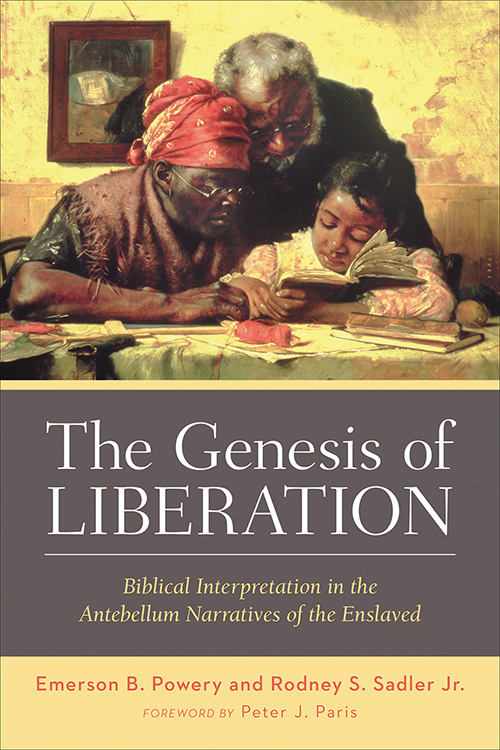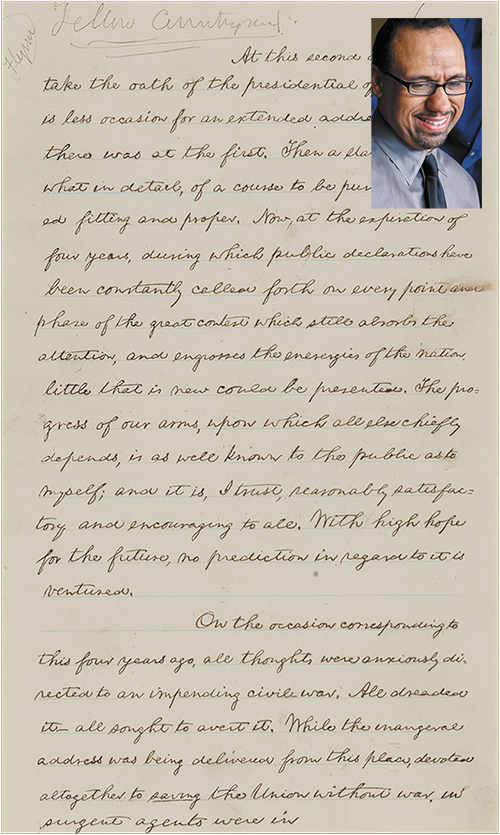Slave narratives’ use of Scripture examined in book

In his second inaugural address, as the end of the Civil War neared, President Abraham Lincoln spoke of the commonalities of the North and the South—two opposing groups who read from the same Bible. In his book “The Genesis of Liberation,” Professor of Biblical Studies Emerson Powery takes that idea a step further.
“The abolitionists are saying, ‘Hey, Jesus never enslaved anyone.’ The other side is saying, ‘But Jesus didn’t say to stop slavery.’ But there’s still a voice that’s missing,” said Powery.
It’s the voice of the slaves themselves.
There are voices people need to hear outside of Frederick Douglass,” said Powery. “He’s a prominent voice, but so many others need to be heard.
Through his research of the collection of slave narratives at the University of North Carolina, Powery and co-author Rodney Sadler noticed many references to specific Bible passages and focused on some of the lesser-known ones to highlight.

One pivotal passage, 2 Kings 5, tells the story of Naaman, a Syrian general with leprosy who seeks out healing from Elisha in Israel. Trying to avoid the enemy general, Elisha tells Naaman to wash in the water seven times. Naaman is healed and tries to pay Elisha, who refuses the money. But, Elisha’s servant Gehazi accepts the money and buries it. Elisha, feeling betrayed, declares Gehazi will now have leprosy “as white as snow.”
In the King James Version, which is what everyone read in the 19th century, it says he gets leprosy as white as snow,” said Powery. “So, in the slave narrative tradition, people pick up on that, because the conversation is about the origin of the races.
In keeping with the title, the book focuses solely on the narratives from the antebellum period. “The topics change within the slave narratives themselves after the war,” explained Powery. “Slave narratives were still being written, but the discussion around the Bible changes.”
While the pre-war narratives carry a common thread of Scripture, Powery also found a second theme: a life beyond the plantation. “Everyone talks about escape in their narratives,” he said. “Everyone talks about their escape.”
— Maddie Waller ’18